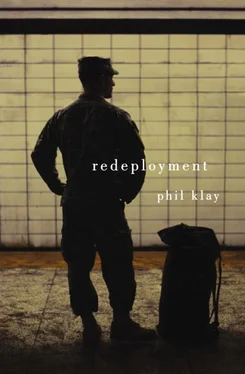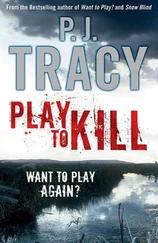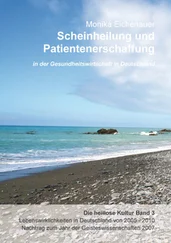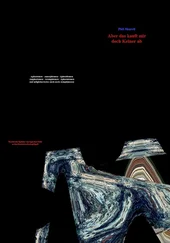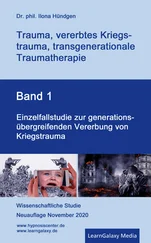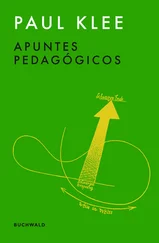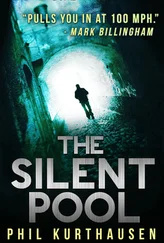Rodriguez didn’t approach mebecause he wanted to talk to a chaplain. I don’t think he even recognized who I was until I stood up straight and he saw the cross on my collar. At first, he only wanted a cigarette.
He had blood smeared across his face in horizontal and diagonal streaks. His hands and sleeves were stained, and he wouldn’t look at me directly, his eyes wild and empty. Violent microexpressions periodically flashed across his face, the snarling contortions of an angry dog.
I handed him a cigarette and lit it against mine. Rodriguez drew in, let the smoke out, glanced back to his squad, and his face again turned to violence.
Twenty years ago, well before I became a priest, I used to box light heavyweight. Rage is good for amping you up before a fight, but something different happens once the fighting begins. There’s a kind of joy to it. A surrender. It’s not a particularly Christian feeling, but it’s a powerful one. Physical aggression has a logic and emotion of its own. That’s what I was seeing on Rodriguez’s face. The space between when rage ends and violence begins.
I didn’t even know his name then. We were four months into our deployment, standing outside of Charlie Medical, where the surgeons had just called time of death for our battalion’s twelfth KIA, Denton Tsakhia Fujita. I’d learned Fujita’s name that day.
Rodriguez was wire thin, his body taut and electric. I was huddled against the wind, clutching my cigarette as if it could calm my nerves. Ever since my hospice days working with children, I’ve had difficulty with hospitals—the sight of needles turns me pale and weak, as if the blood is slowly draining out of all my limbs at once—and there was a leg amputation going on. Another of Rodriguez’s friends, John Garrett, had been injured at the same time as Fujita. I’d just learned Garrett’s name that day as well.
Rodriguez smiled. There was no warmth to it.
“Chaps,” he said. He looked back at his squad, all of them waiting for word on their friend’s condition. They were a few yards away, out of earshot. For a second, Rodriguez seemed nervous. “I want to talk with you.”
After attacks, sometimes Marines will want to talk to the chaplain or to Combat Stress. They’re enraged, or grieving, or oscillating between the two. But I’d never seen a Marine like this, and I didn’t really want to be alone with him.
“I’ll tell them I’m going to confession,” he said. His eyes were pinpricks. It occurred to me that he might be on drugs. Alcohol, marijuana, heroin—these were available if you knew the right Iraqi.
Rodriguez smiled again, the corners of his mouth tight. “He was a pretty good shortstop,” he said. At first I didn’t realize who he was talking about. “Not great, but good.”
“I should go in,” I said, “see how the docs are doing.”
“Okay, sir,” he said, “I’ll come find you.”
After the amputation, though, Rodriguez had disappeared.
• • •
At Fujita’s memorial service,I read from Second Timothy: “I have fought the good fight. I have finished the race. I have kept the faith.” During memorials, I try as best I can to set an appropriate tone.
Captain Boden, the Charlie Company commander, came after me and told the assembled Marines that they’d “get them motherfuckers back for Fujita.” The men listened with surly acceptance. Little more was expected from Boden. This was the man who would announce, straight-faced, that his idea of leadership was “taking my Marines to the field and beating the shit out of them.” It’s a leadership style that goes over well with nineteen-year-olds before they’ve actually been to war. When their lives are on the line, Marines learn to want more than pure, unthinking aggression. Unthinking aggression can get Marines killed. In this deployment, it had already killed more than a few.
Rodriguez spoke next, in the role of the best friend. He was calmer than when I’d last seen him, and he spoke of how Fujita actually liked the Iraqis. That he was the one guy in the squad who thought the country wouldn’t be better off if we just nuked it until the desert turned into a flat plane of glass. Then Rodriguez gave a bitter smile, looked out at the crowd, and said, “Guys teased him, said Fuji’d been out fucking hajjis, and they could smell it.” It felt like Rodriguez was berating the audience. Marines from his squad looked at each other uneasily. For a moment I wondered if I’d have to step in, but Rodriguez went on, the remainder of his remarks in a more traditional, hagiographic vein.
The rest of the service was standard, insofar as it was heartbreaking. When the first sergeant did the roll call, a number of Marines put their faces into their hands and a number openly wept.
When Fujita’s squad approached the battle cross, they knelt close together, their arms over one another’s shoulders, leaning into one another until it was one silent, weeping block. Geared up, Marines are terrifying warriors. In grief, they look like children. Then one by one they stood up, touched the helmet, and walked to where Captain Boden stood in the back, grim, stupid determination set on his thick, square face.
After the service, Staff Sergeant Haupert held court in the smoke pit behind the chapel. Haupert was the acting platoon commander of 2nd Platoon. Their original platoon commander, Lieutenant Ford, had been killed in an IED blast in the first month of the deployment.
From the smoke pit, you couldn’t see to the city, but I turned away from Haupert and looked out toward it anyway. The men in Charlie Company spent every day in Ramadi. I went out regularly, too, but always to an outpost. Never on a combat mission. I ministered. Always busy, always overworked, but still, most days I woke up in my bed on base, prayed in relative safety, and only listened for violence in the distance. Augustine, sermonizing from safety about the sack of his beloved Rome, repeated only what he could not know for sure: “Horrible it was told to us; the slaughter, burning, pillaging, the torture of men. It is true, many things we have heard, all filled with bellowing, weeping, and hardly were we comforted, nor can I deny, no, I cannot deny we have heard many, many things were committed in that city.” I had the same problem.
I turned back to Haupert, in the midst of his own sermon, a simple sermon but one buttressed by the experience of daily patrols. “What do we do?” Haupert was saying to the loose assembly of 2nd Platoon members. “We come here, we say, We’ll give you electricity. If you work with us. We’ll fix your sewage system. If you work with us. We’ll provide you security. If you work with us. But no better friend, no worse enemy. If you fuck with us, you will live in shit. And they’re like, Okay, we’ll live in shit.” He pointed off to the direction of the city, then swatted with his hand, as if at an insect. “Fuck them,” he said.
• • •
I retreated back to the chapel,which was where Rodriguez found me. I was organizing all our candy in the walk-in closet off to the side, stacks of candy and jerky and Beanie Babies sent by grateful Americans to the troops, care packages I often ended up distributing to the platoons. Chaplains receive more care packages addressed to “Any Marine” than we know what to do with, but the excess can be useful because coming to get goodies is one inconspicuous way Marines can talk to the chaplain without announcing to their unit that they have an issue.
Rodriguez entered the small space silently. He didn’t have the same level of intensity as the first time we talked, though it was there, in his eyes and in his hands, in the way he couldn’t just stand still but had to always move. They say that on patrol in Ramadi, you don’t walk, you run.
Читать дальше
